Domain Specific Architecture (DSA) emerges as an example of heterogeneous multi-processors to improve energy efficiency and performance. This architecture optimizes the workflow of a specific domain application through hardware acceleration while preserving programming flexibility. DSA comprises several hardware components such as fixed-function hardware acceleration (e.g., FFT unit), special-purpose cores (e.g., GPUs and FPGAs), and general-purpose cores (e.g., CPUs).
GPUs (Graphic Processing Units), as specialized cores in DSA, have been extensively used, in particular for high-performance computing and data analytics, due to their outstanding calculation capability and energy efficiency. However, other specialized technologies might offer better benefits and advantages. One example is FPGAs, integrated circuits that can be programmed or reprogrammed to prototype a specific application and desired functionality. This makes them effective in various applications, including scientific computing, machine learning model inference, and data analytics, even at the edge. Nevertheless, their extensive implementation is limited due to the complicated programming and deployment mechanisms.
At SURF, the future computing and networking program strives to comprehend the impact of different technologies (eg, DSA) for applications in research. To achieve this, we collaborate with 4TU.NIRICT, U/Twente, Dutch Hardware Acceleration Network, TU Delft, TU/e, University of Groningen, Wageningen University, and industrial partner QbayLogic to hold a series of workshops. These events bring together researchers from various fields, such as high-performance computing, computational science, data science, electrical and performance engineering, to explore the role and significance of FPGA technology in the future of Dutch advanced computing. We aim to share tools, applications, and best practices to create a community that advances the research and use of FPGA technology in the Netherlands.
On June 21-22, 2023, SURF in Utrecht hosted the inaugural FIRE event. The first day featured informative talks from the hardware acceleration community, including keynote speeches from Christian Plessl of the Paderborn Center for Parallel Computing and Lucian Petrica from AMD Xilinx. Christian provided insights on Heterogeneous Accelerated Computing, covering architectural design, software, and application perspectives. Researchers also presented their successful use of this technology and its potential benefits across various fields throughout the event. You can find the slides of all the presentations at the symposium via this link: https://drive.google.com/file/d/1nANvJwmv4M8y4jb6pIwGRZNjJuRILKQ5/view?…;
The upcoming FIRE event will be held in December at SURF, centered around ML/AI and data analytics applications. The third edition of the series is set for May/June 2024 and will focus on application porting. The last edition will be held in Nov/Dec 2024, highlighting the outcomes and roadmap.
Finally, we will introduce the FIRE platform internationally at the HiPEAC Conference in 2025.
If you would like to be informed about the upcoming FIRE FPGA events, you can register to our mailing list here: https://forms.gle/MgKKkrhxQMS4jyPF6
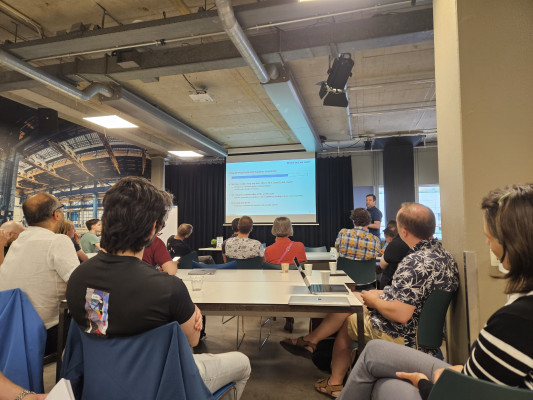
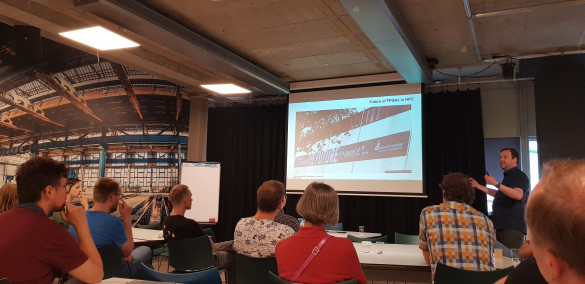
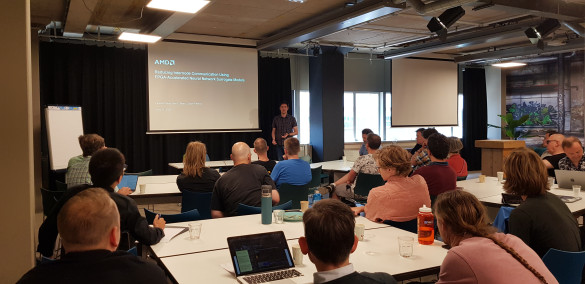
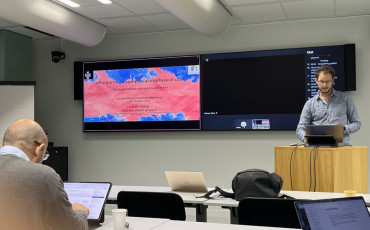
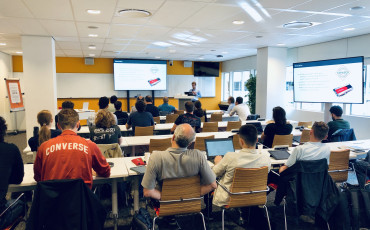
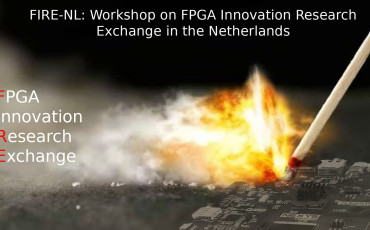
0 Praat mee